
Connecting the Dots: Recurrent Uveitis and Appaloosa Horses
Researchers determined that markers on two chromosomes are associated with the risk of insidious equine recurrent uveitis.


Researchers determined that markers on two chromosomes are associated with the risk of insidious equine recurrent uveitis.

Researchers tested the technique on horses with poor performance and respiratory noise.
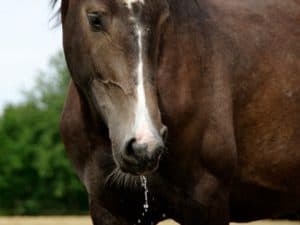
Does your horse drool like a dog? Here are some reasons why, from the benign to the life threatening.

Recent study results suggest that more than 25% of horses that undergo a certain type of cataract surgery are still visual two years later.

Researchers are testing a vaccine to treat melanomas, which are among the most common skin tumors in horses.
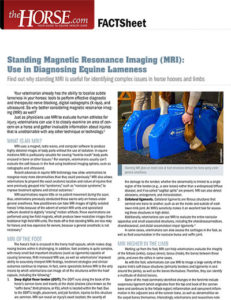
Find out why standing MRI is useful for identifying complex issues in horse hooves and limbs.

Read about both classic and unusual hernia cases veterinarians encounter, why they occur, how to treat them, and their prognoses.

Here’s how to handle snake or spider bites should your horse have a run-in with one of these critters.

Protect your foal from three important causes of young horse illness: Rhodococcus equi, equine proliferative enteropathy, and adrenal insufficiency.
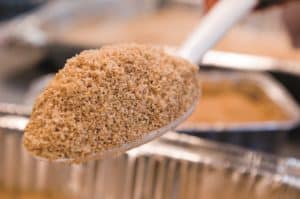
The future of feeding horses is here: Learn how diet can impact your horse right down to his genetic core.
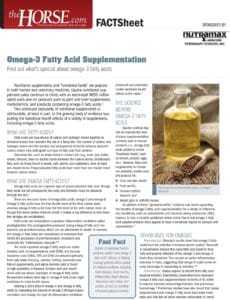
Not all fats or fatty acids are created equal; some are more beneficial than others for horses.

Dr. Stacey Oke explains what omega fatty acids are and how they play a role in the horse’s diet.

This Veteran’s Day, consider honoring the war horses that sacrificed it all for us by helping horses in need.
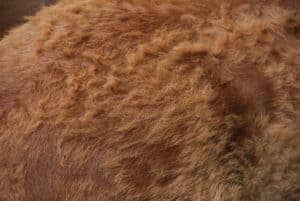
Each of your horse’s hairs speaks volumes about his overall health, nutrition status, and genetic makeup.

Small animal practitioner and The Horse contributor Dr. Stacey Oke shares important information about protecting our canine companions in the barn from ivermectin toxicity.

Learn about the possible health benefits of soaking hay from The Horse contributor Dr. Stacey Oke.
Stay on top of the most recent Horse Health news with